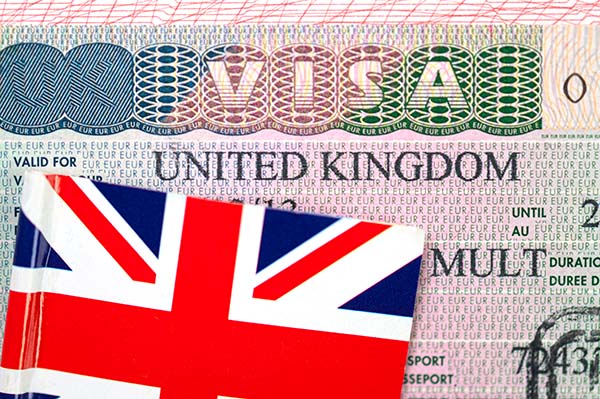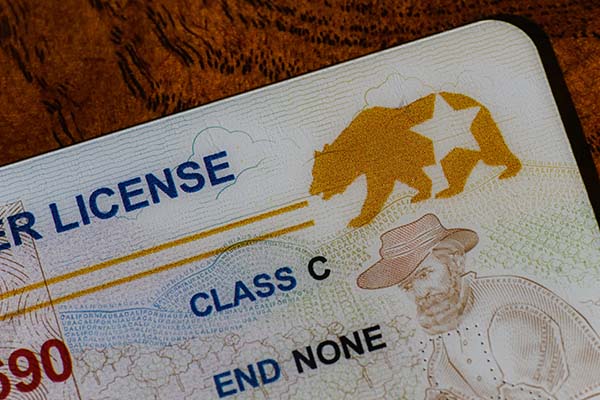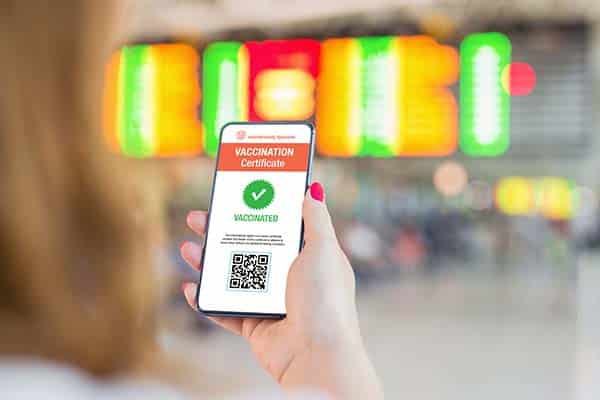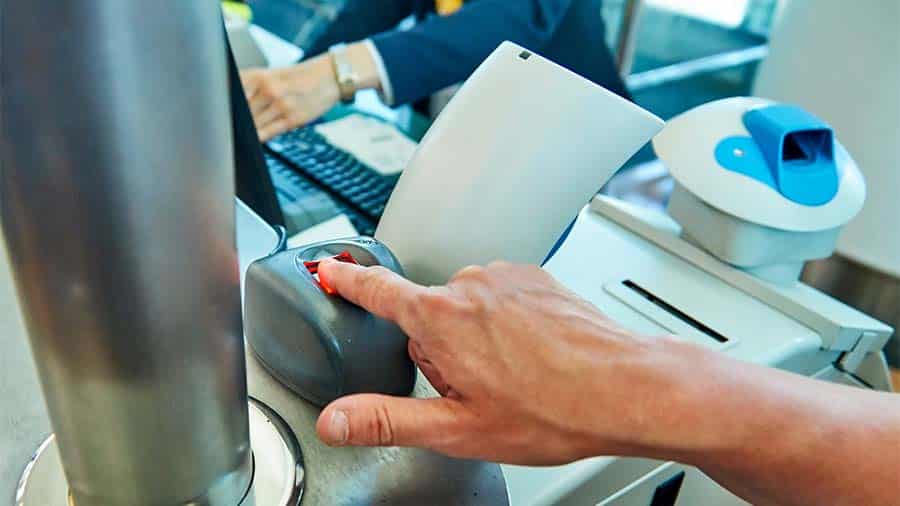
1. ETIAS for Europe
Quick Glance: Starting in May 2025, the new ETIAS program will require citizens of 60 countries traveling visa-free to Europe to complete an online application and get approved before visiting. ETIAS registration is valid for 3 years.
Details: ETIAS (European Travel Information and Authorisation System) travel authorization is an entry requirement for visa-exempt nationals traveling to any of these 30 European countries. It is linked to a traveler’s passport. It is valid for up to three years or until the passport expires, whichever comes first. If you get a new passport, you need to get a new ETIAS travel authorization.
With a valid ETIAS travel authorization, you can enter the territory of these European countries as often as you want for short-term stays – normally for up to 90 days in any 180-day period. However, it does not guarantee entry. When you arrive, a border guard will ask to see your passport and other documents and verify that you meet the entry conditions.
More info: https://travel-europe.europa.eu/etias_en

2. UK Electronic Travel Authorization
Quick Glance: Similar to ETIAS, the UK is launching an electronic travel authorization for entry into the country beginning in 2023. Travelers will need to complete an online application form and pay a small fee.
Details: ETA for Qatari citizens starts in November. The other GCC countries ( Bahrain, Kuwait, Oman, Saudi Arabia, and the United Arab Emirates) will be required to obtain a UK Electronic Travel Authorization in February 2024.
The ETA will be valid for up to two years and multiple entries and may be used by short-term tourists, family visitors, business people, and students (six months or less), as well as on the Creative Worker visa concession (three months or less) and in transit.
ETA requirements for all other visa-free countries, including the United States will be in effect by the end of 2024.
More info: https://www.gov.uk/guidance/electronic-travel-authorisation-eta

3. Biometrics Expansion
Quick Glance: Many destinations like the US, Brazil, and others are utilizing biometric screening including facial recognition, fingerprints, and iris scans. This enhances security but can mean longer processing times in the short-term, but soon it will likely mean shorter processing times as biometrics and digital passports gradually replace paper travel documents.
Details: Biometric passport clearance is a rising trend expected to gain traction at numerous airports as the popularity of this technology grows. Dubai International Airport is an early example. They are gradually replacing conventional passport checks with biometric clearance.
Ultimately, it is expected that this approach will allow travelers to smoothly proceed through the airport, seamlessly moving from the terminal to their flight or immigration control, relying solely on their facial recognition as their identification. This eliminates the need for constantly fumbling for travel documents at various stages of the travel process. Initially exclusive to residents and citizens, the program is set to extend its accessibility to select international travelers in 2023.

4. REAL ID for Domestic US Flights
Quick Glance: Come May 7, 2025, all US travelers must present a REAL ID compliant driver's license or other approved identification to board domestic flights. Make sure you have an acceptable ID.
Details: Before boarding an airline flight in the United States, passengers must pass through an airport checkpoint operated by the Transportation Security Administration, which requires that passengers age 18 and older present an identification document. Many types of documents are accepted for this purpose:[46]
- Driver license or identification card issued by a U.S. state or territory (from May 7, 2025, only if compliant with the Real ID standards)
- Enhanced driver license or enhanced identification card issued by a U.S. state
- Passport of any country or U.S. passport card
- DHS trusted traveler card (Global Entry, NEXUS, SENTRI or FAST)
- U.S. permanent resident card or employment authorization document (I-766)
- Border Crossing Card
- Driver license issued by a Canadian province or Canadian Indian Status card
- Photo identification card issued by a federally recognized tribe
- U.S. Department of Defense identification, including for dependents
- Personal Identity Verification (PIV) card for U.S. federal employees and contractors
- Transportation Worker Identification Credential or Merchant Mariner Credential
- Veteran Health Identification Card
Except for the first category of documents in the above list, the other documents listed remain accepted regardless of the Real ID Act.
More info: https://www.dhs.gov/real-id

5. Digital Vaccine Passports
Quick Glance: In the wake of COVID-19 pandemic, digital apps will likely play an increasing role for vaccine and test verification when traveling.
Details:
In June 2023, the World Health Organization (WHO) announced the adoption of the European Union (EU) digital COVID-19 certification system as a pivotal step in creating a global framework. The system aims to enhance worldwide mobility and safeguard citizens from ongoing and future health threats, including pandemics. It serves as the inaugural component of the WHO Global Digital Health Certification Network (GDHCN), which will be responsible for crafting a diverse array of digital solutions to advance global healthcare.
Dr. Tedros Adhanom Ghebreyesus, the Director-General of the WHO, stated, “Drawing upon the EU's highly successful digital certification network, the WHO is committed to providing all WHO Member States access to an open-source digital health tool. This tool is founded on the principles of fairness, innovation, transparency, data protection, and privacy. The forthcoming digital health innovations are designed to expedite the delivery of high-quality healthcare services to people worldwide.”


